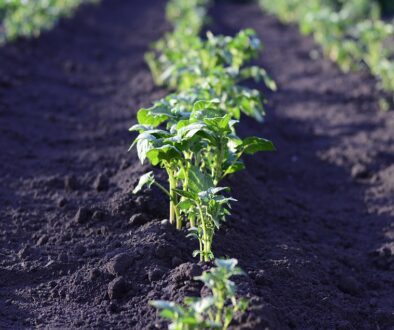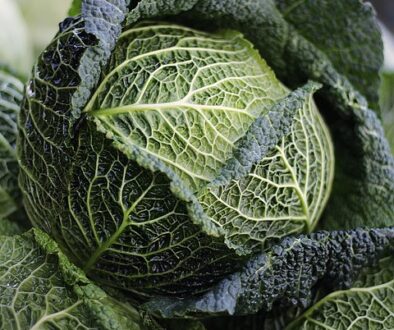Article by: Suzette Morshead
Sustainable Vegetable Gardening: Eco-Friendly Tips for Healthy Crops
Gardening is a wonderful way to connect with nature, grow your own food, and embrace a sustainable lifestyle. Vegetable gardening, in particular, offers the incredible benefit of producing fresh, organic produce right at your doorstep. But how can we garden in a way that supports the environment, promotes healthy crops, and reduces waste? The answer lies in sustainable vegetable gardening—an eco-friendly approach that nurtures both your garden and the planet.
What is Sustainable Vegetable Gardening?
Sustainable gardening revolves around practices that conserve resources, enhance soil health, reduce chemical inputs, and encourage biodiversity. It means working with nature rather than against it, creating a thriving garden ecosystem that supports plants, insects, and soil microorganisms alike.
Eco-Friendly Tips for Sustainable Vegetable Gardening
1. Choose Native and Adapted Plants
Selecting vegetable varieties that are native or adapted to your local climate minimizes water use and reduces the need for fertilizers and pesticides. This ensures your plants are well-suited for your area’s conditions.
2. Practice Crop Rotation and Companion Planting
Rotating your crops each season helps prevent soil nutrient depletion and limits pest buildup. Companion planting, where certain plants grow together beneficially, can naturally ward off pests and boost growth.
3. Use Organic Compost and Mulch
Nourish your soil with homemade compost made from kitchen scraps, garden clippings, and organic matter. Adding mulch helps retain moisture, regulate soil temperature, and reduce weed growth.
4. Implement Water Conservation Techniques
Water your garden early in the morning or late in the evening to minimize evaporation. Consider drip irrigation systems or soaker hoses to deliver water directly to the plant roots.
5. Encourage Pollinators
Plant flowers that attract bees, butterflies, and other pollinators. These essential creatures help increase vegetable yields by promoting flower fertilization.
6. Avoid Chemical Pesticides and Fertilizers
Opt for natural pest control methods like neem oil, insecticidal soaps, or introducing beneficial insects such as ladybugs. Use organic fertilizers or compost tea to feed your plants without harmful chemicals.
Personal Story: My Journey into Sustainable Gardening
A few years ago, I decided to start growing my own vegetables in a small backyard plot. Initially, I used conventional gardening methods—chemical fertilizers and pesticides—thinking it would make the process faster and easier. But I quickly noticed several issues: the soil became less fertile, pests seemed to evolve resistance, and there was an overwhelming amount of waste.
Determined to make a change, I began researching sustainable gardening. I started composting kitchen scraps, planting marigolds to deter pests naturally, and setting up a rainwater collection barrel to water my garden. The transformation was incredible. Not only did my vegetables taste better and grow stronger, but my garden became a vibrant ecosystem buzzing with beneficial bugs and birds. The best part? I felt proud knowing I was contributing to a healthier planet.
Essential Items for Sustainable Vegetable Gardening
To embark on your sustainable gardening journey, here are some eco-friendly tools and supplies you might need:
- Compost Bin: For recycling kitchen scraps and garden waste into nutrient-rich compost.
- Rainwater Collection System: To conserve water and reduce your garden’s water footprint.
- Organic Seeds and Seedlings: Choose non-GMO, untreated seeds for healthier plants.
- Mulch (Straw, Leaves, Wood Chips): Helps retain soil moisture and suppress weeds.
- Drip Irrigation Kit or Soaker Hoses: Efficient watering system that minimizes water waste.
- Natural Pest Control Products: Neem oil, insecticidal soap, or beneficial insect attractants.
- Gardening Gloves and Tools: Choose durable, eco-friendly options.
- Raised Beds or Containers: If space is limited or soil quality is poor.
Final Thoughts
Sustainable vegetable gardening is about more than just growing food—it’s an act of stewardship and care for the environment. By adopting eco-friendly gardening practices, you can nurture healthy crops, conserve resources, and enjoy the satisfaction of a bountiful harvest that’s good for you and the planet. Whether you have a sprawling backyard or a small balcony, every effort counts towards creating a greener, more sustainable world.
Happy gardening! 🌱🥕🍅
Article by: Suzette Morshead


